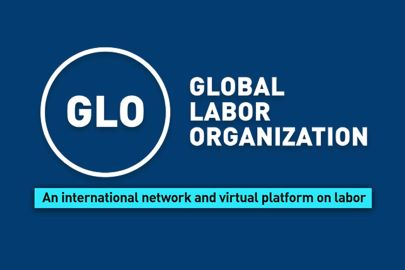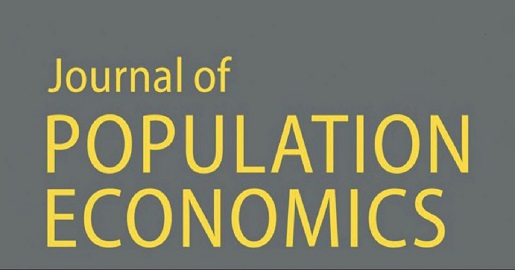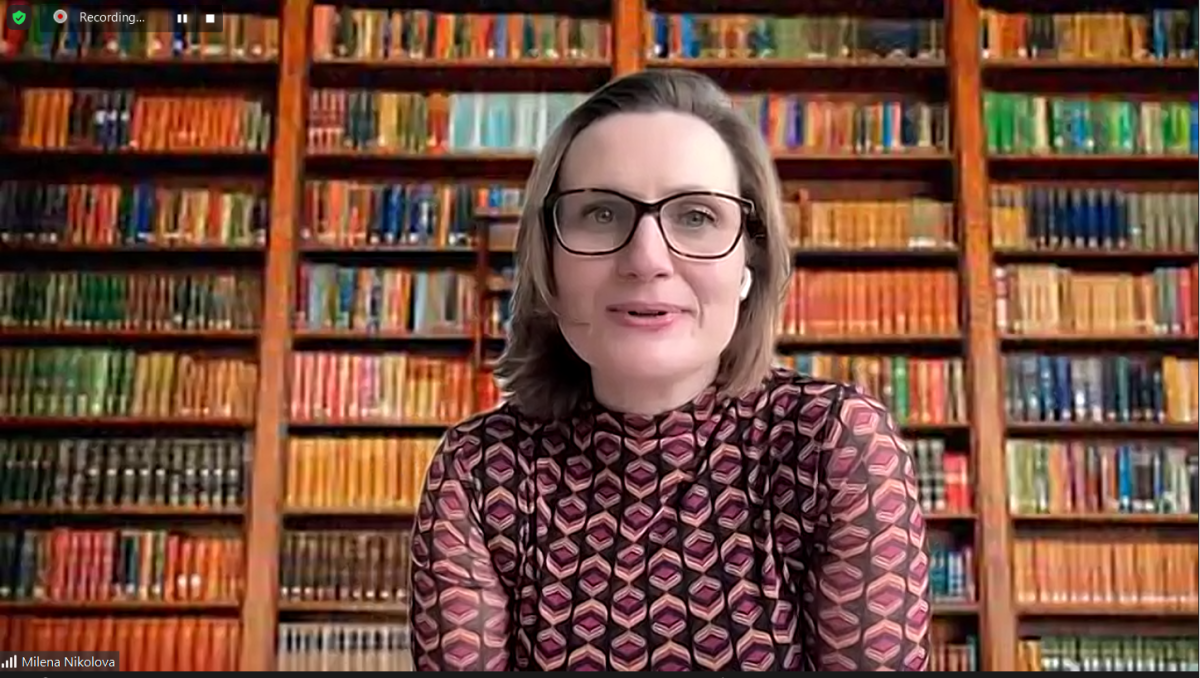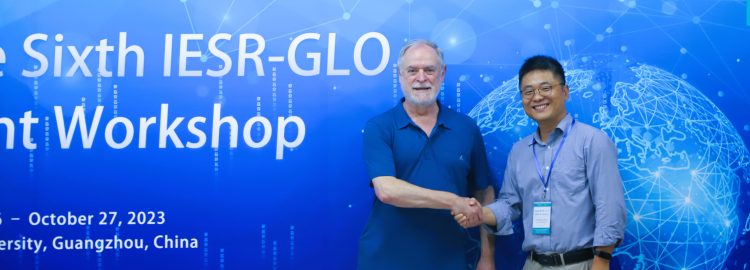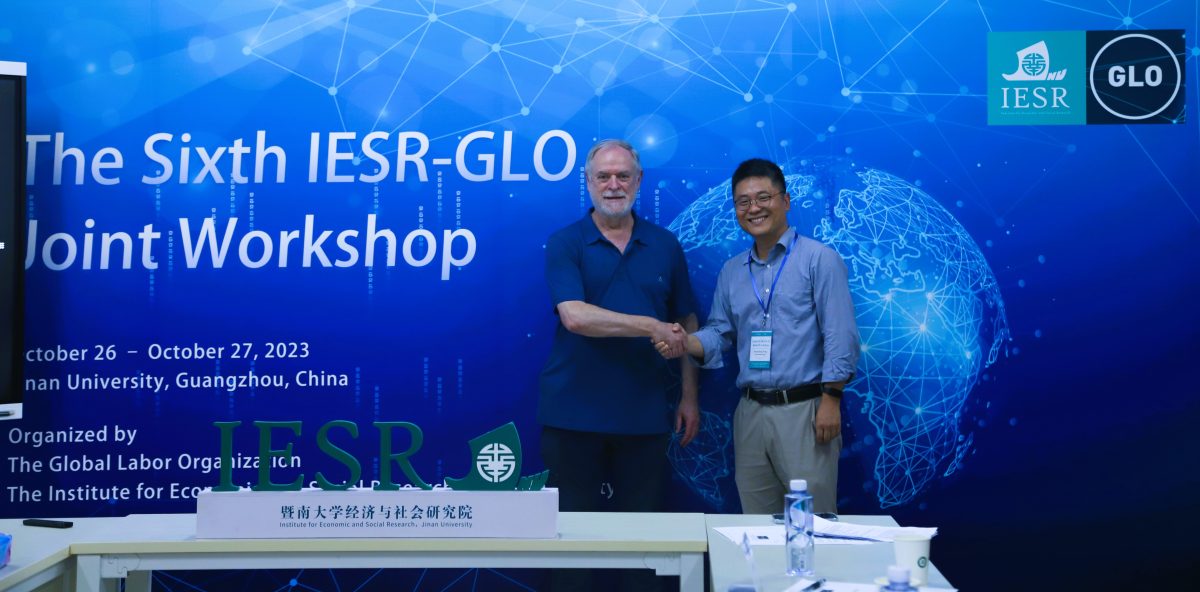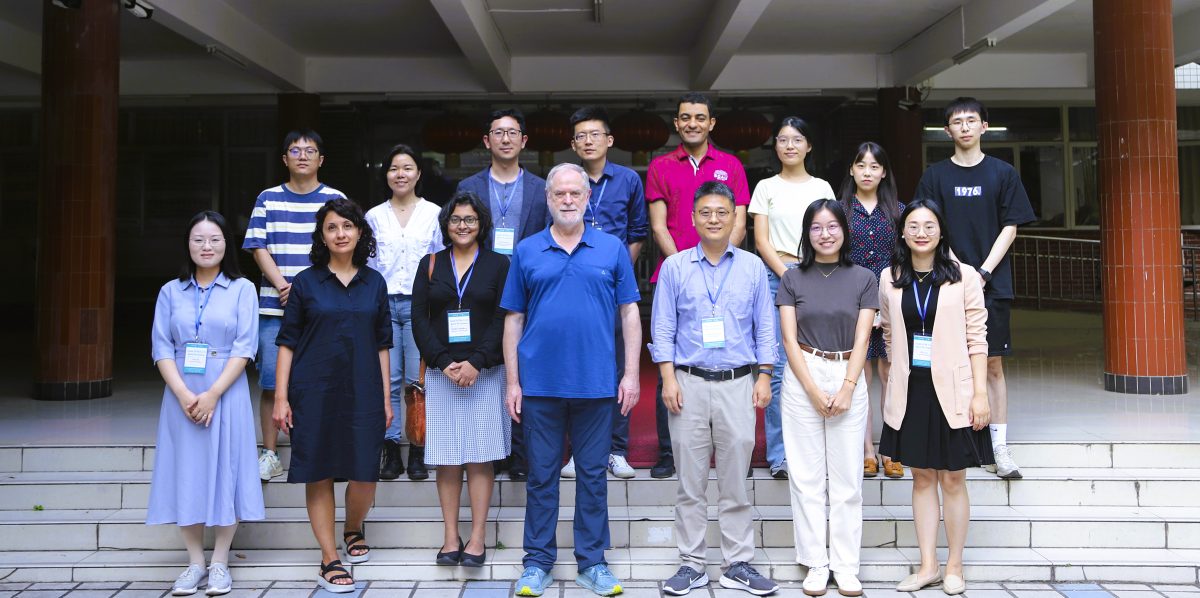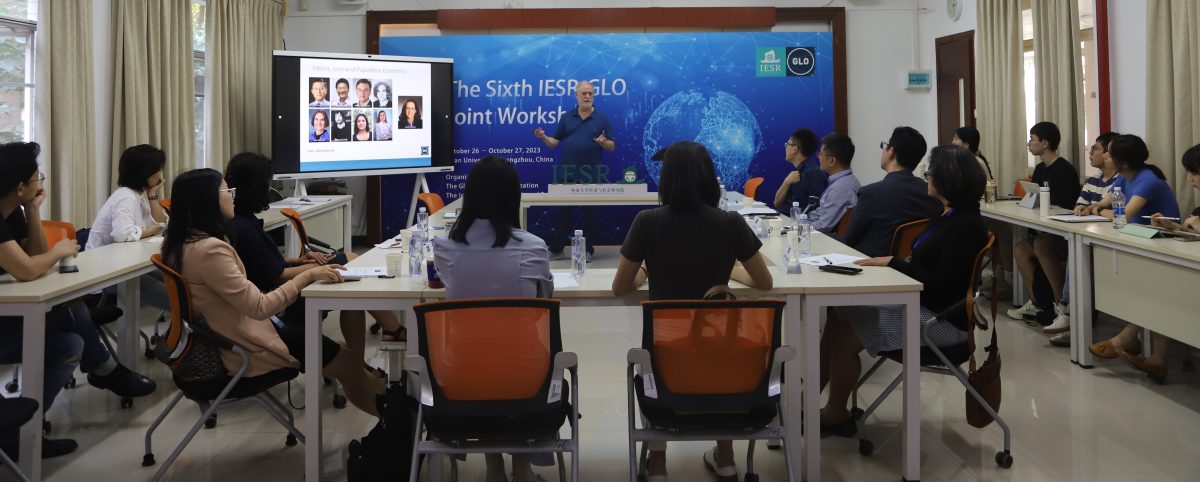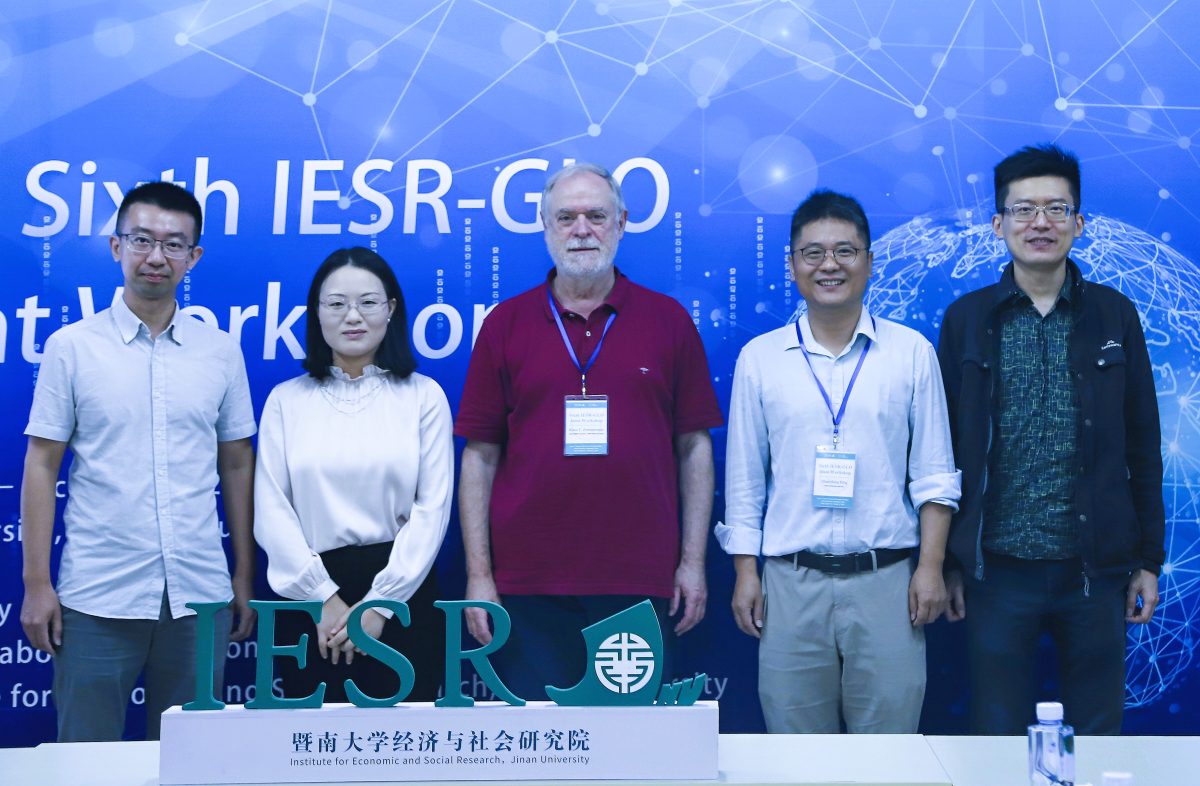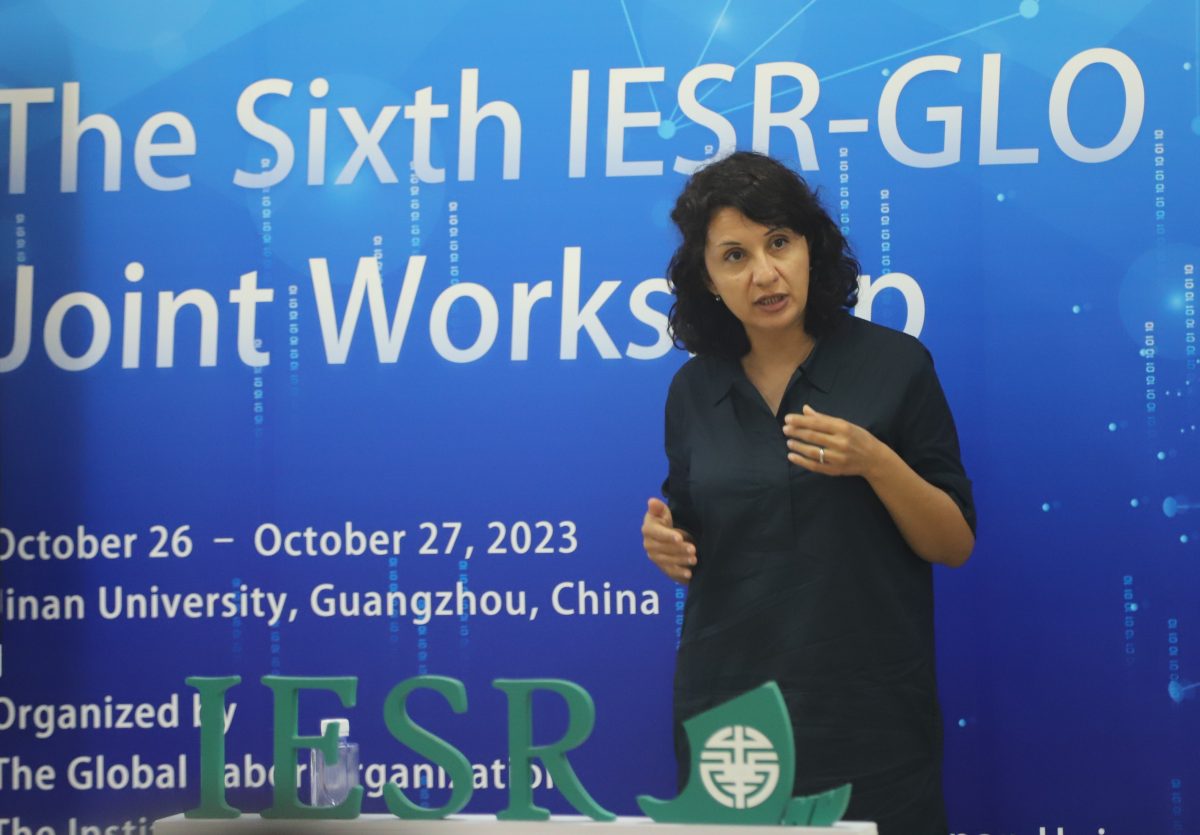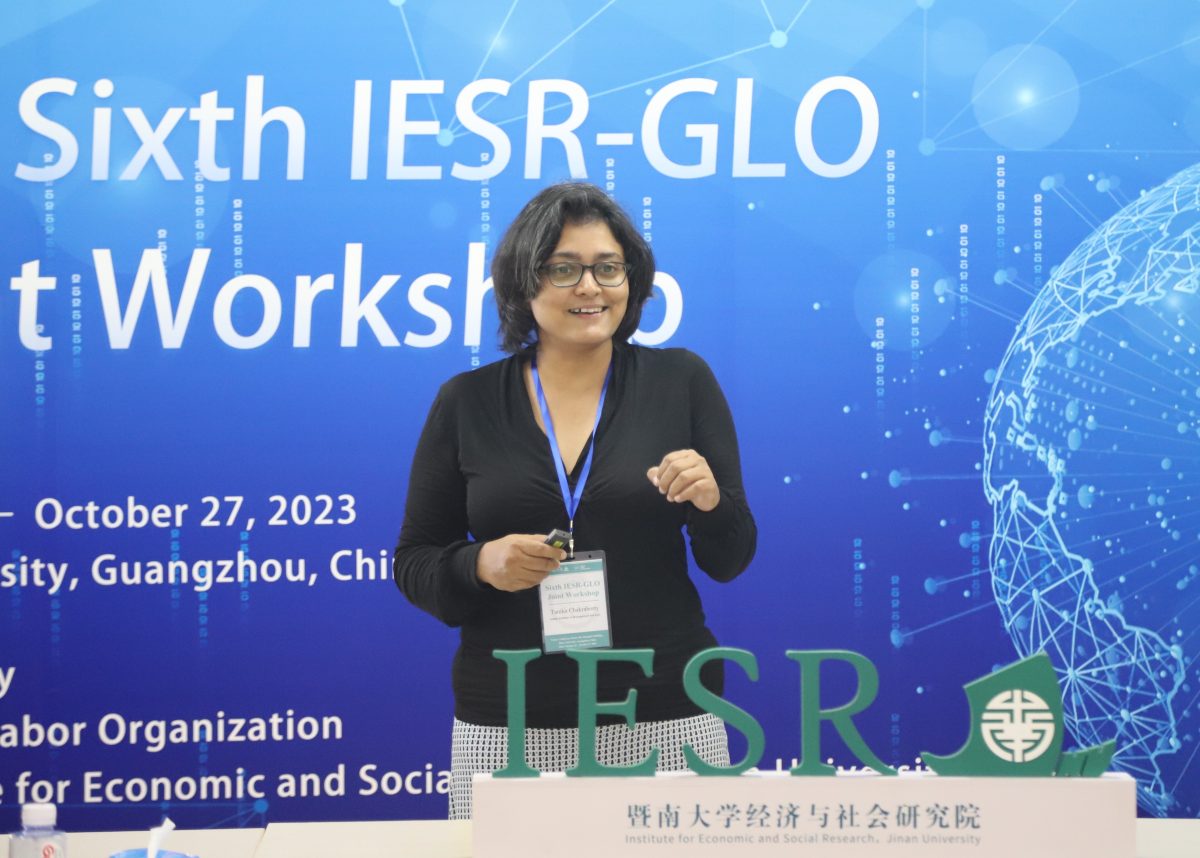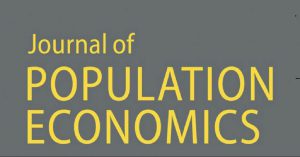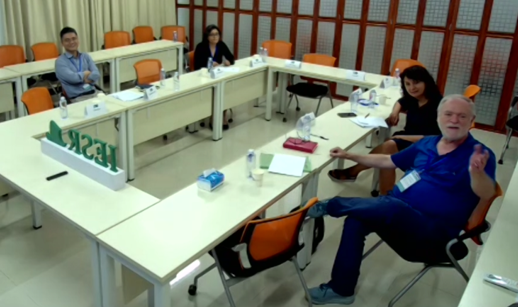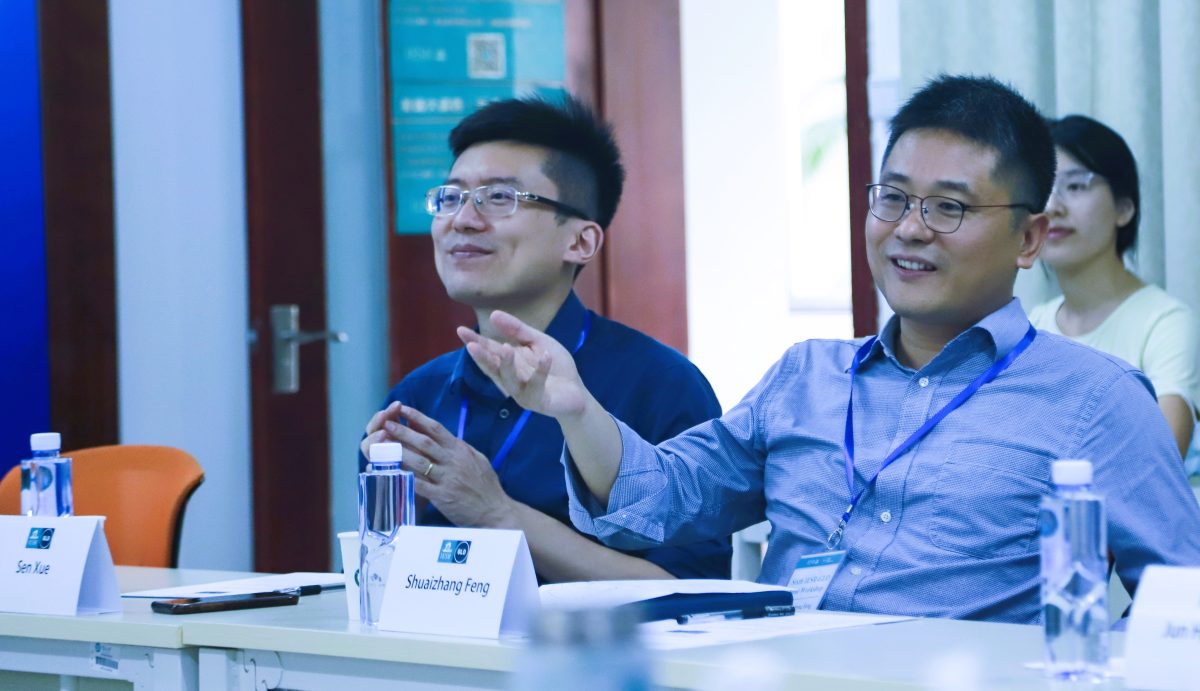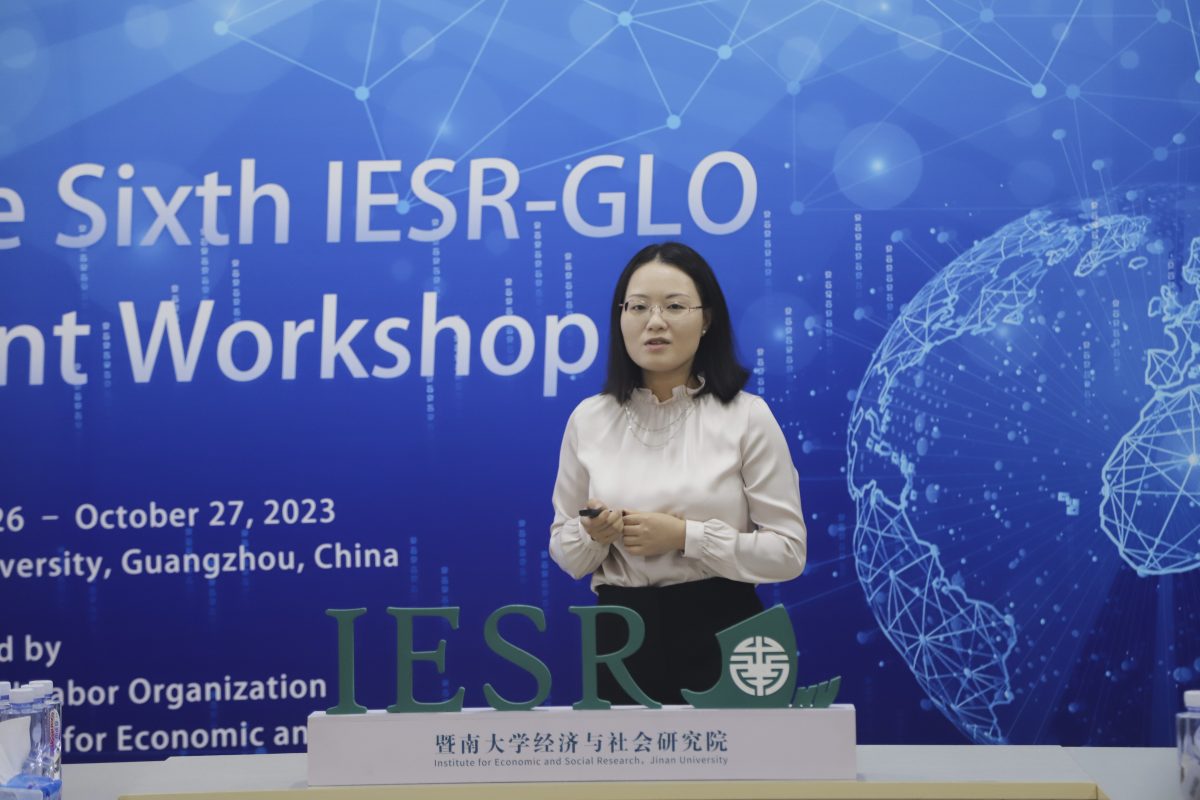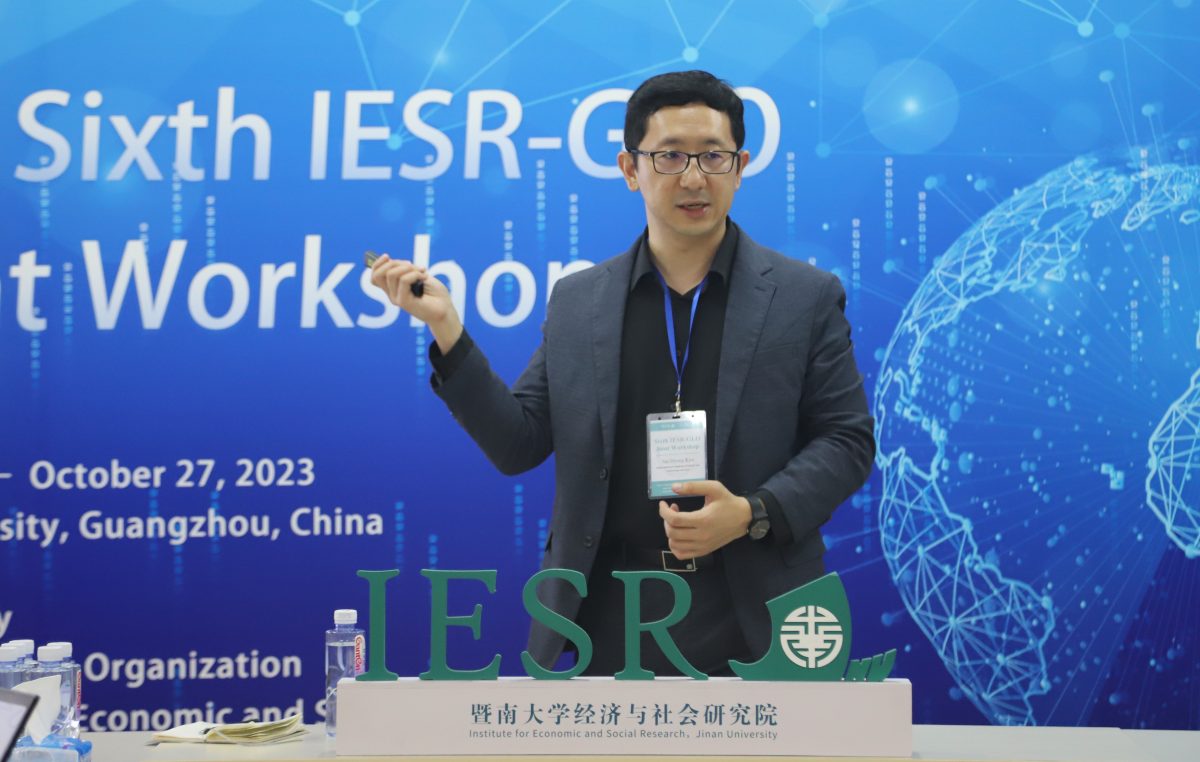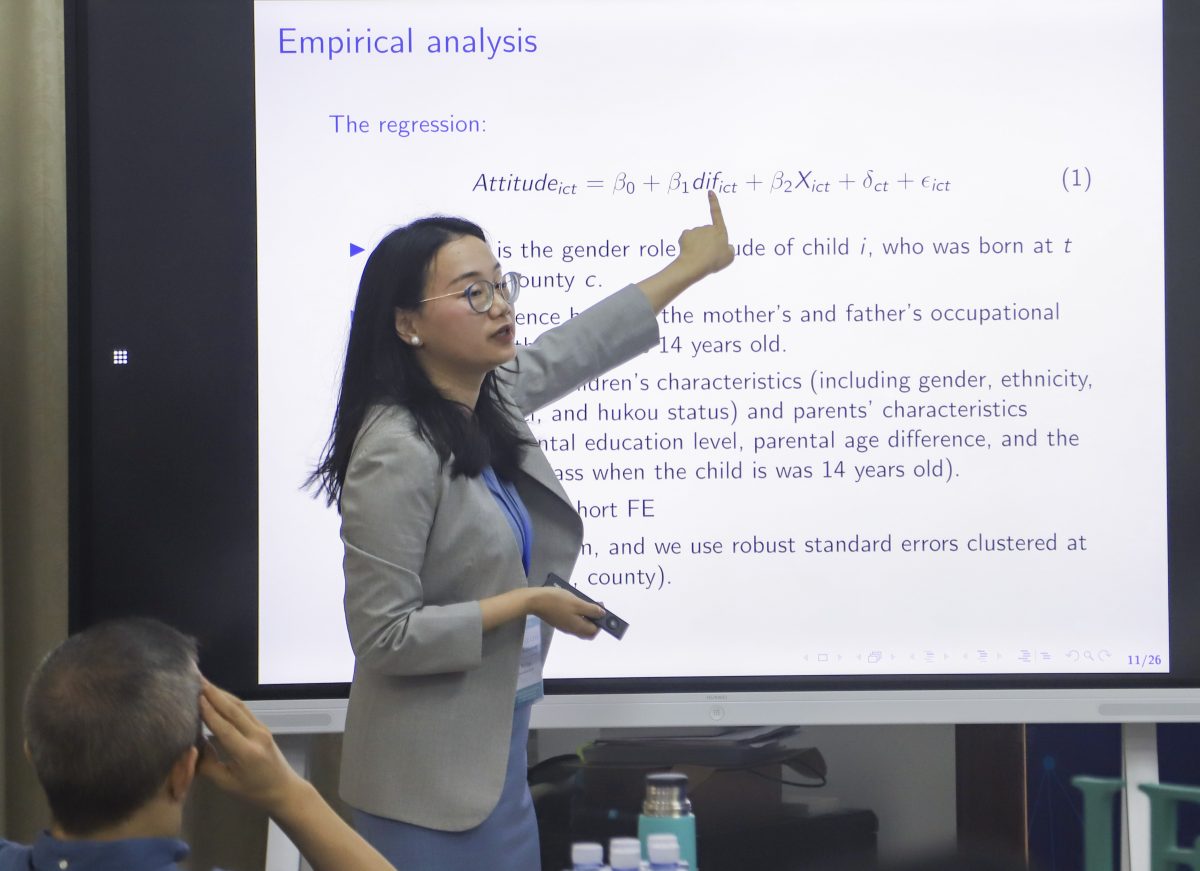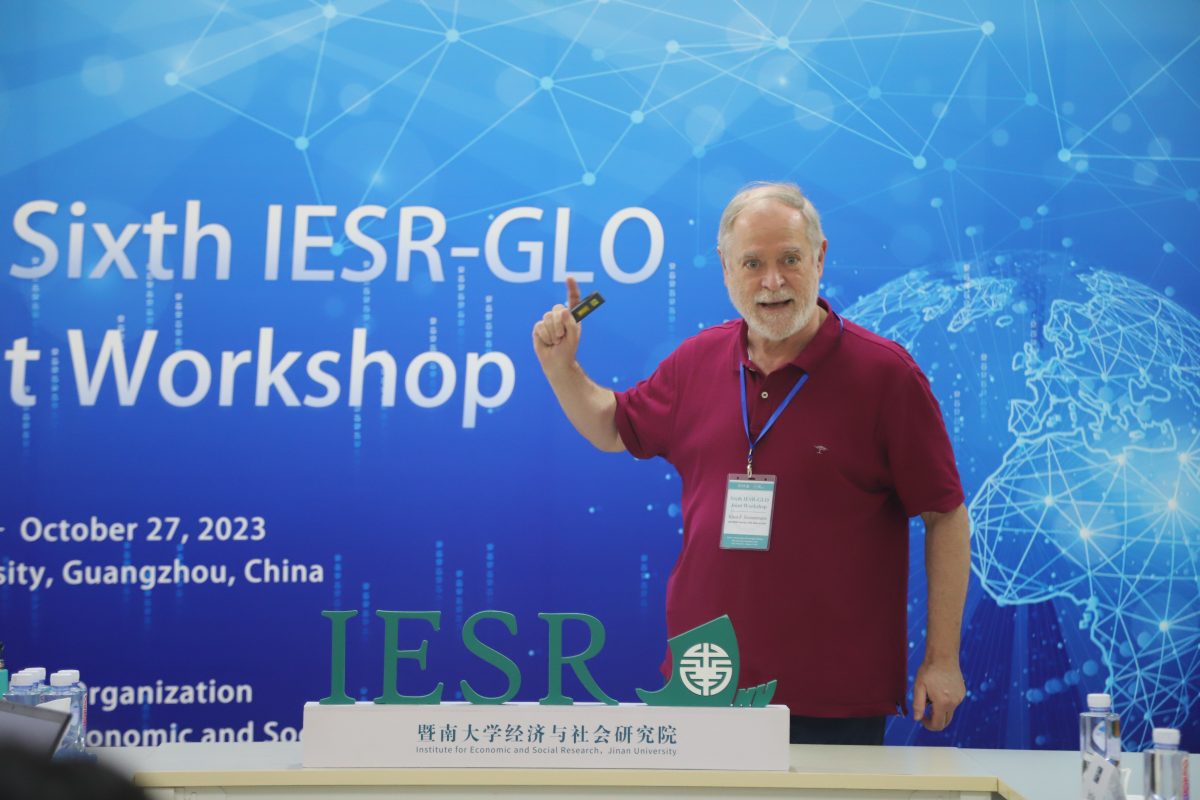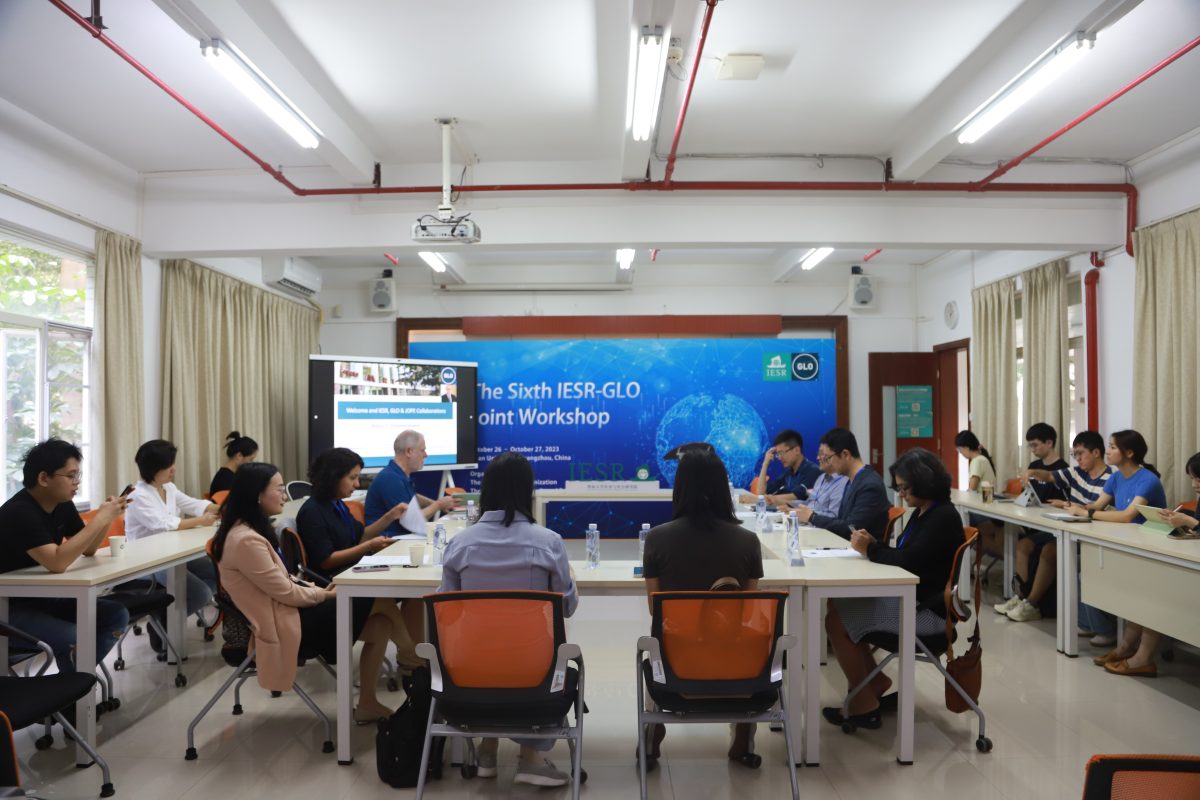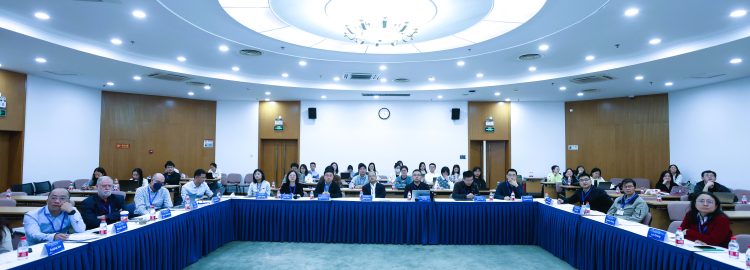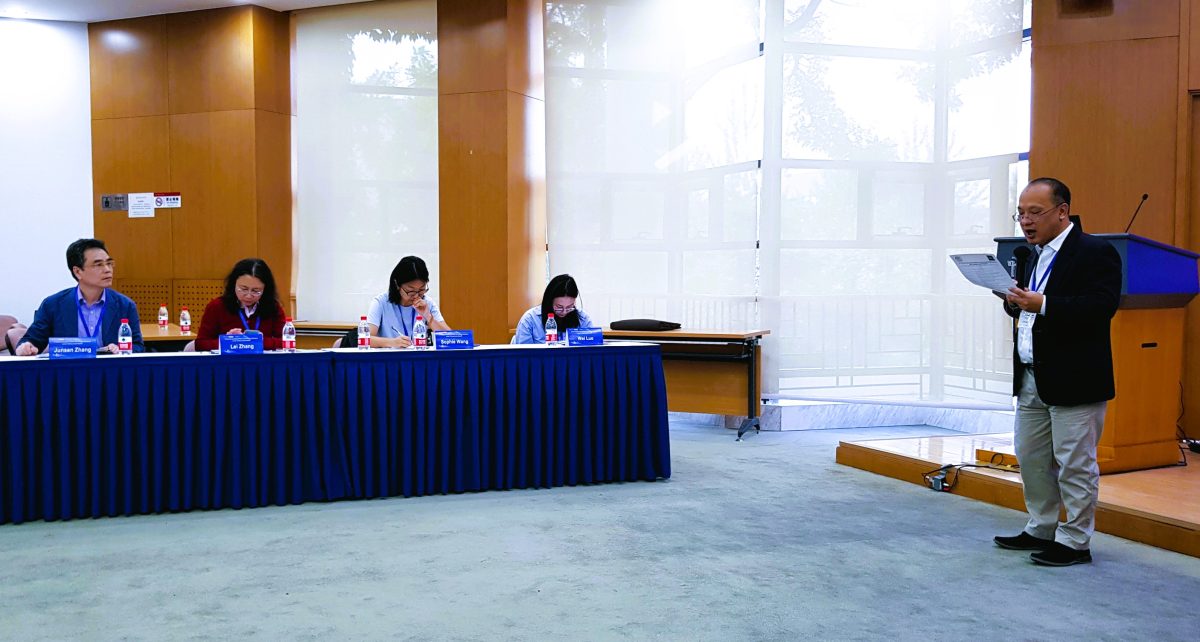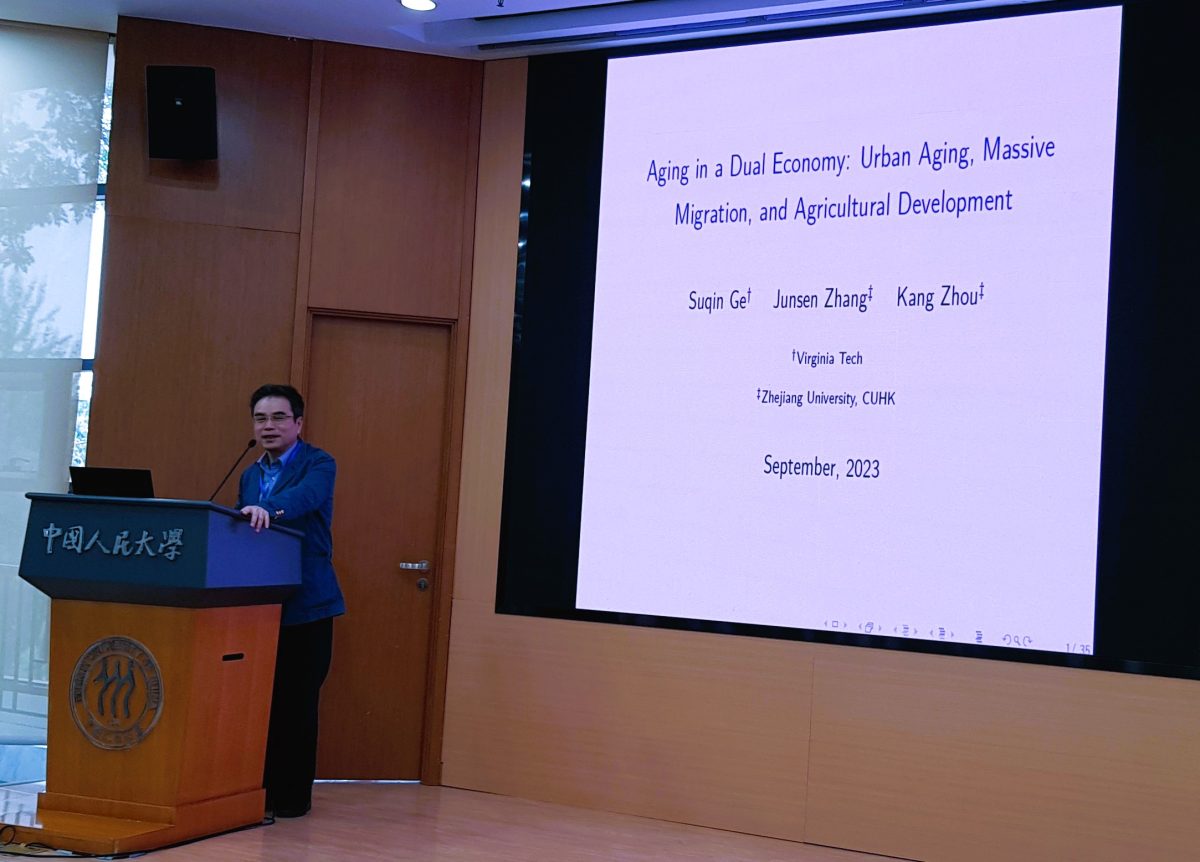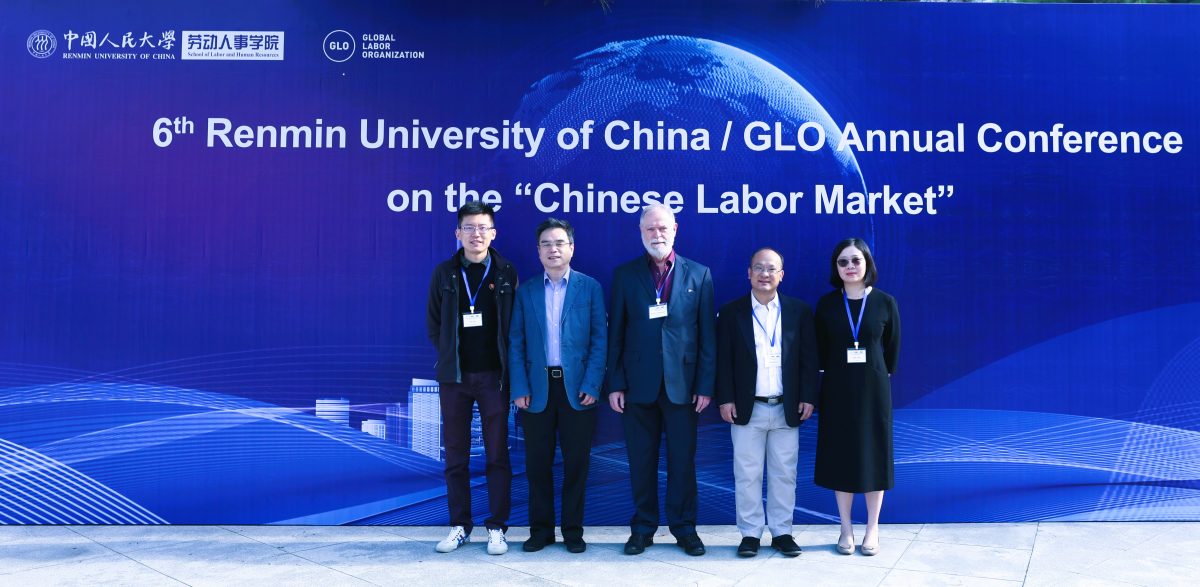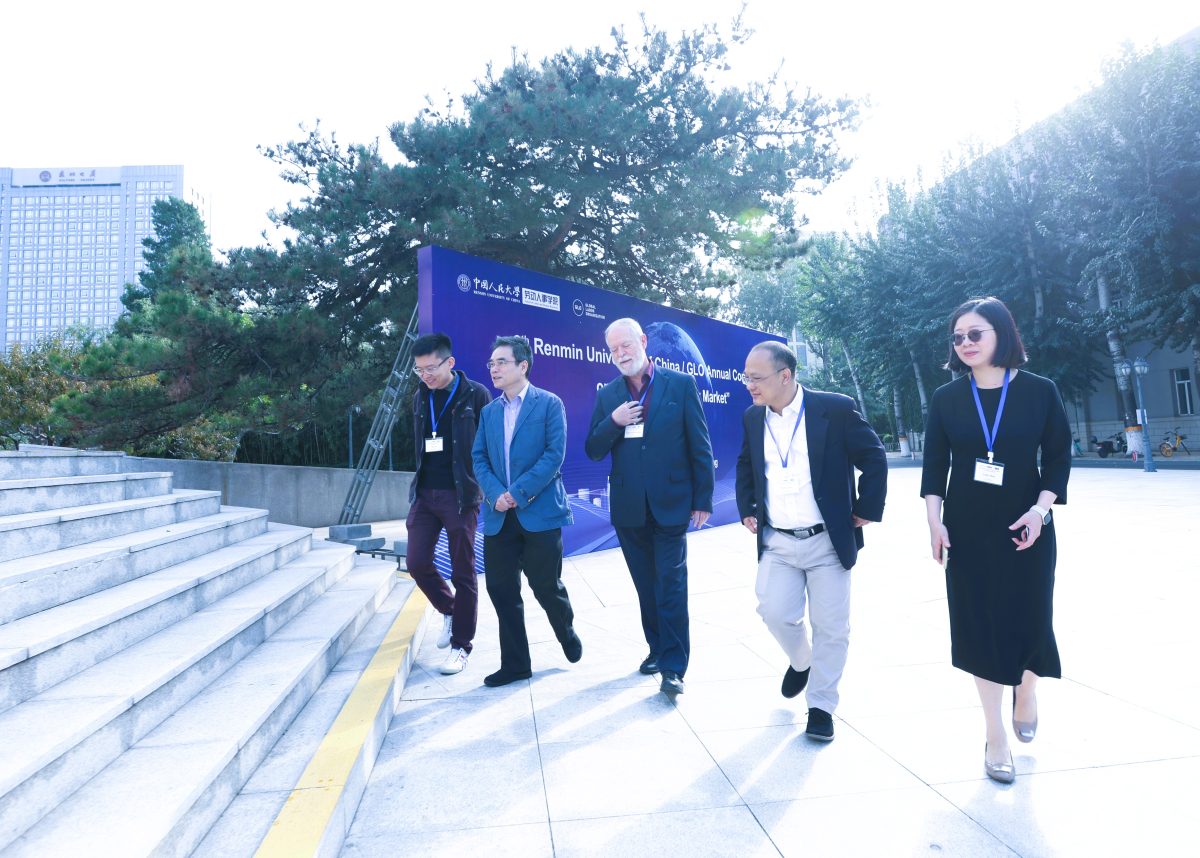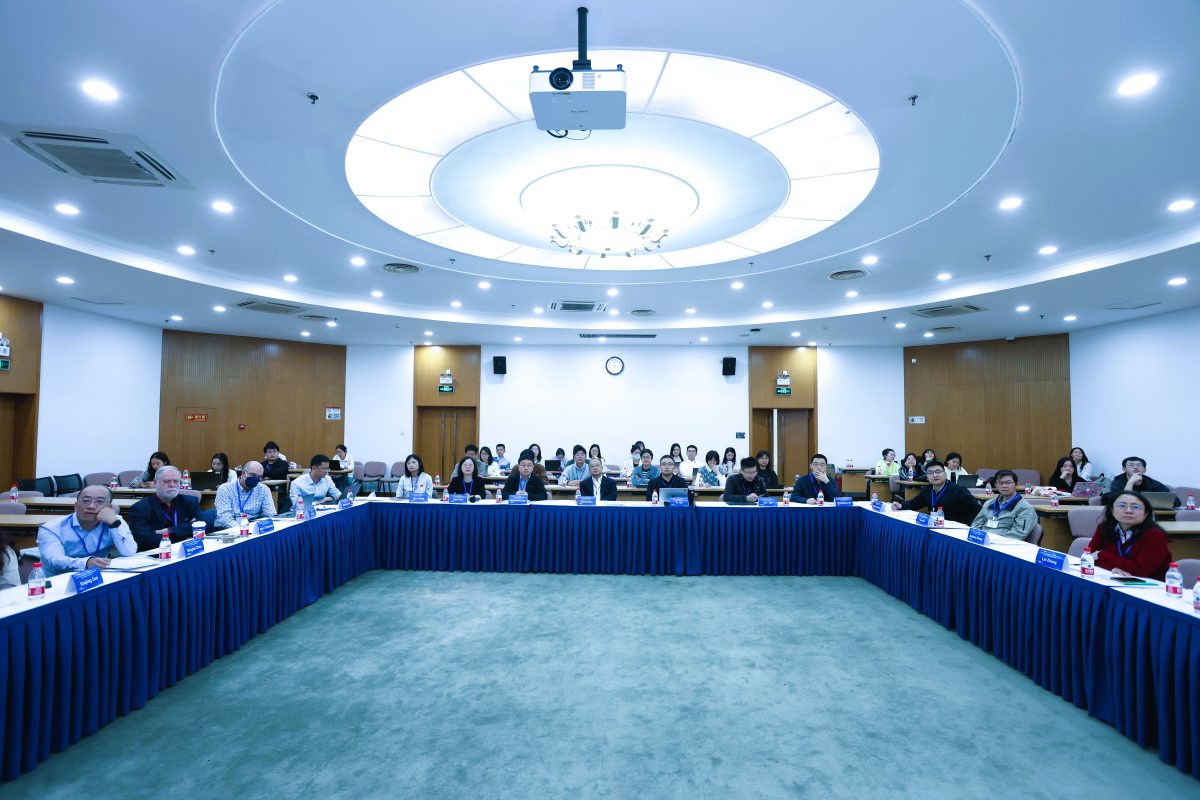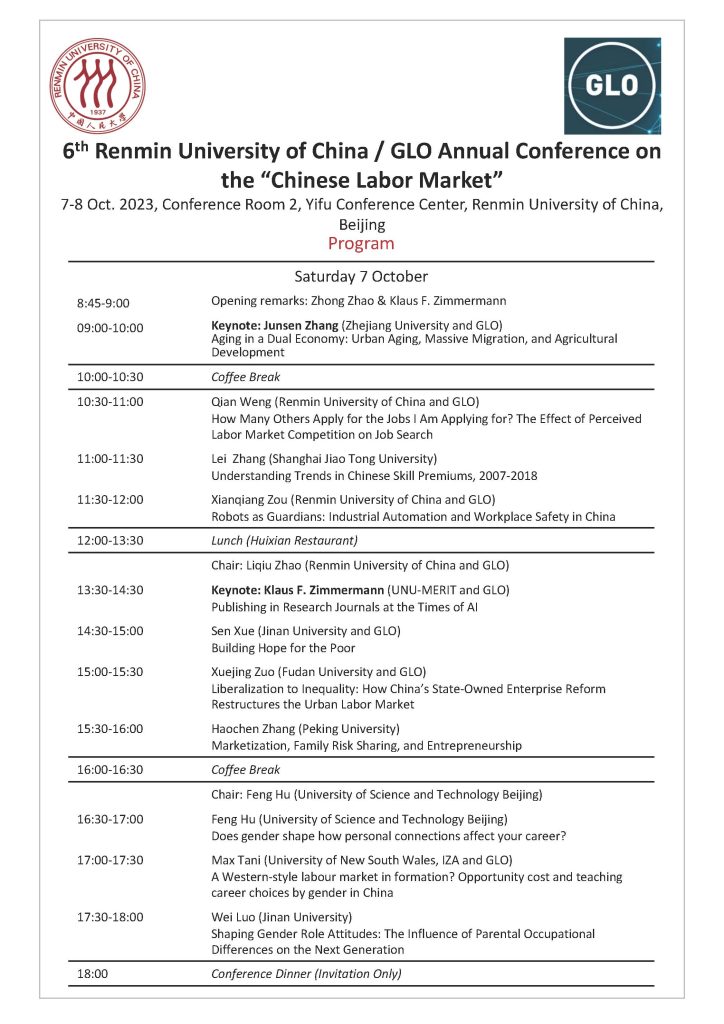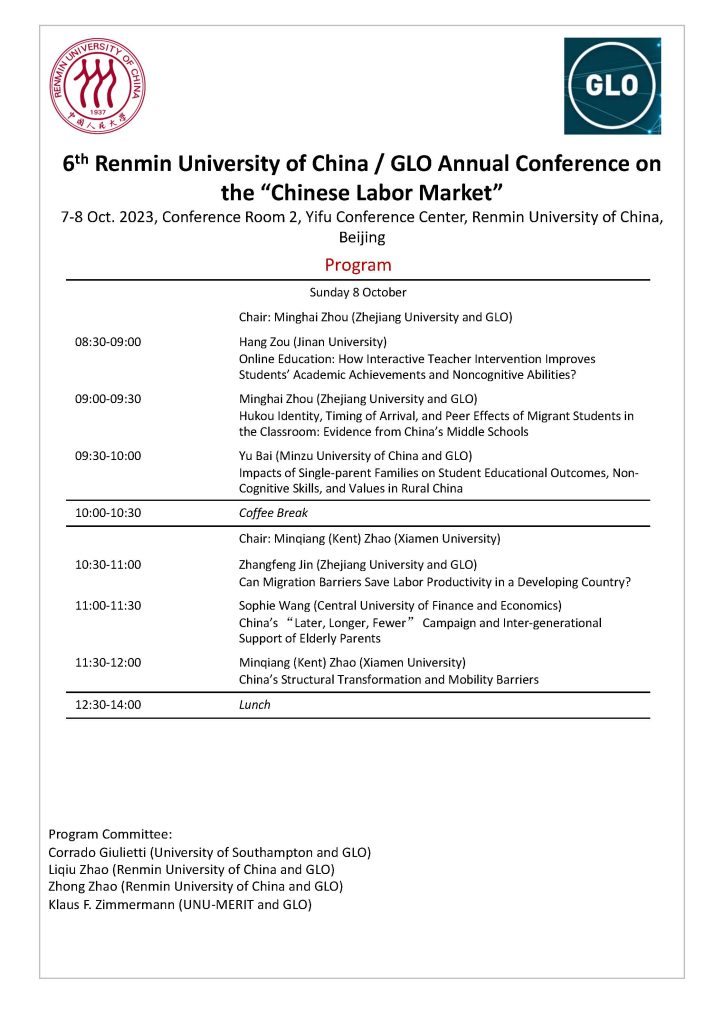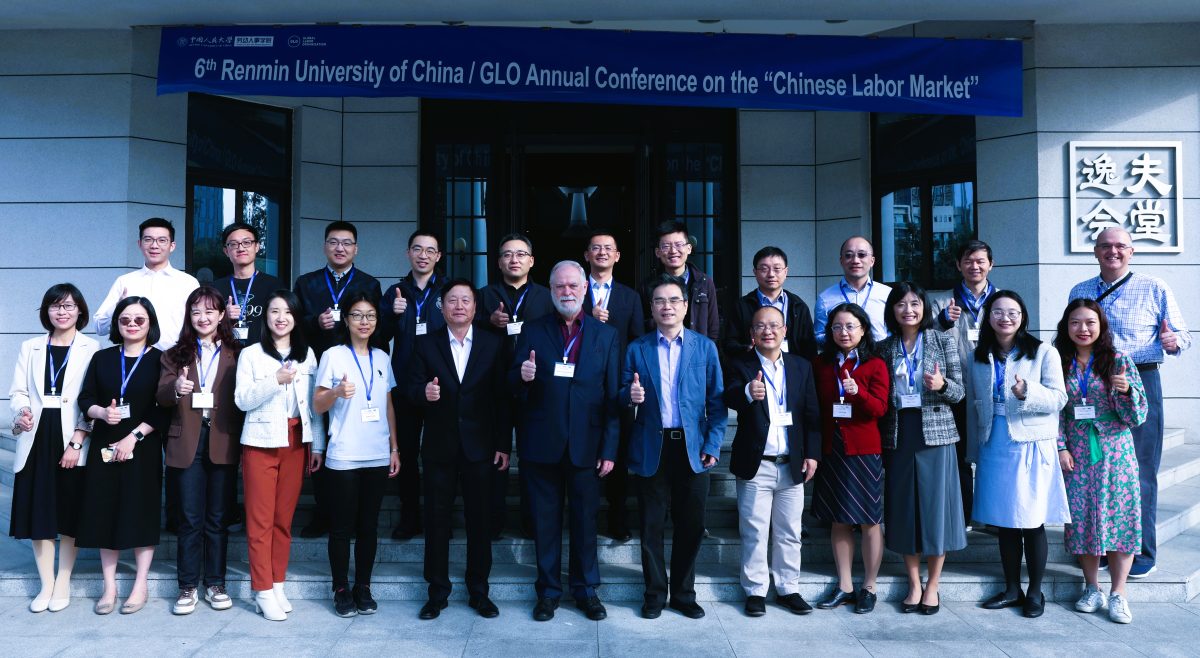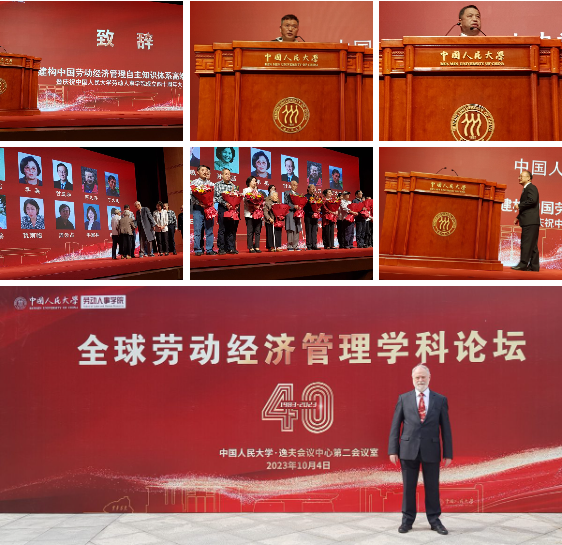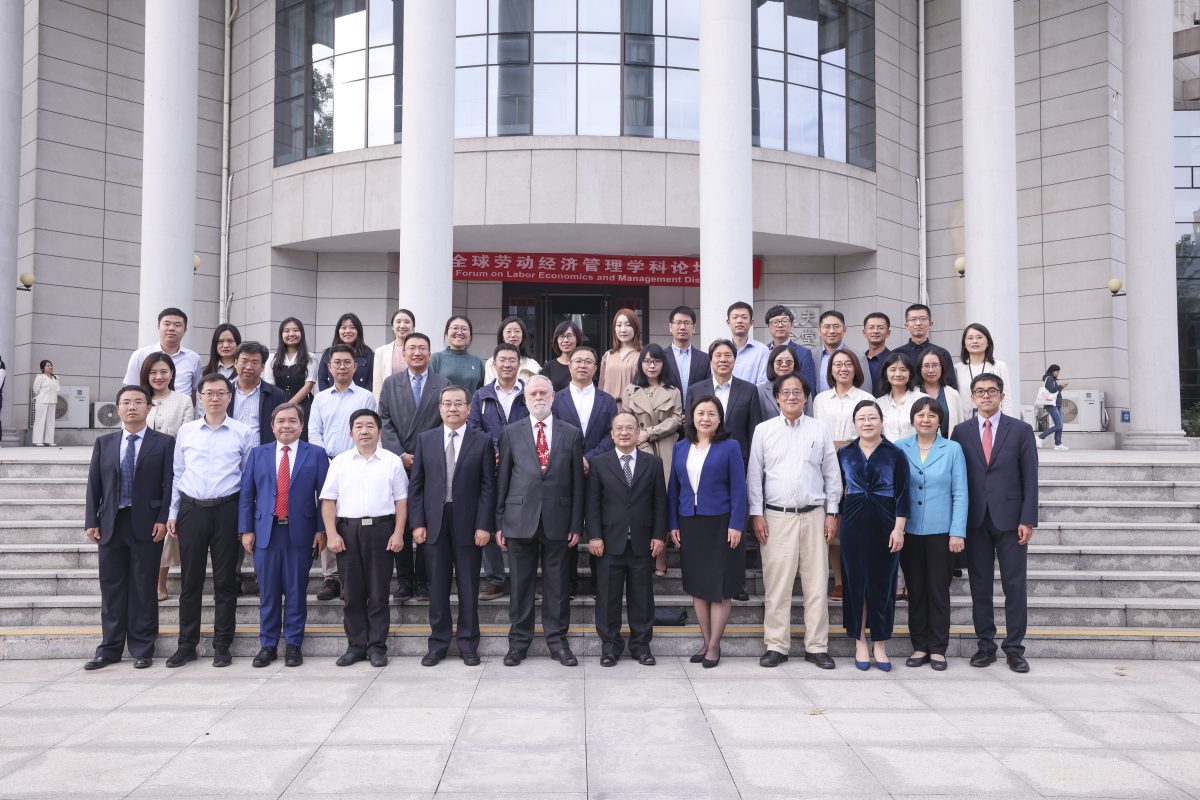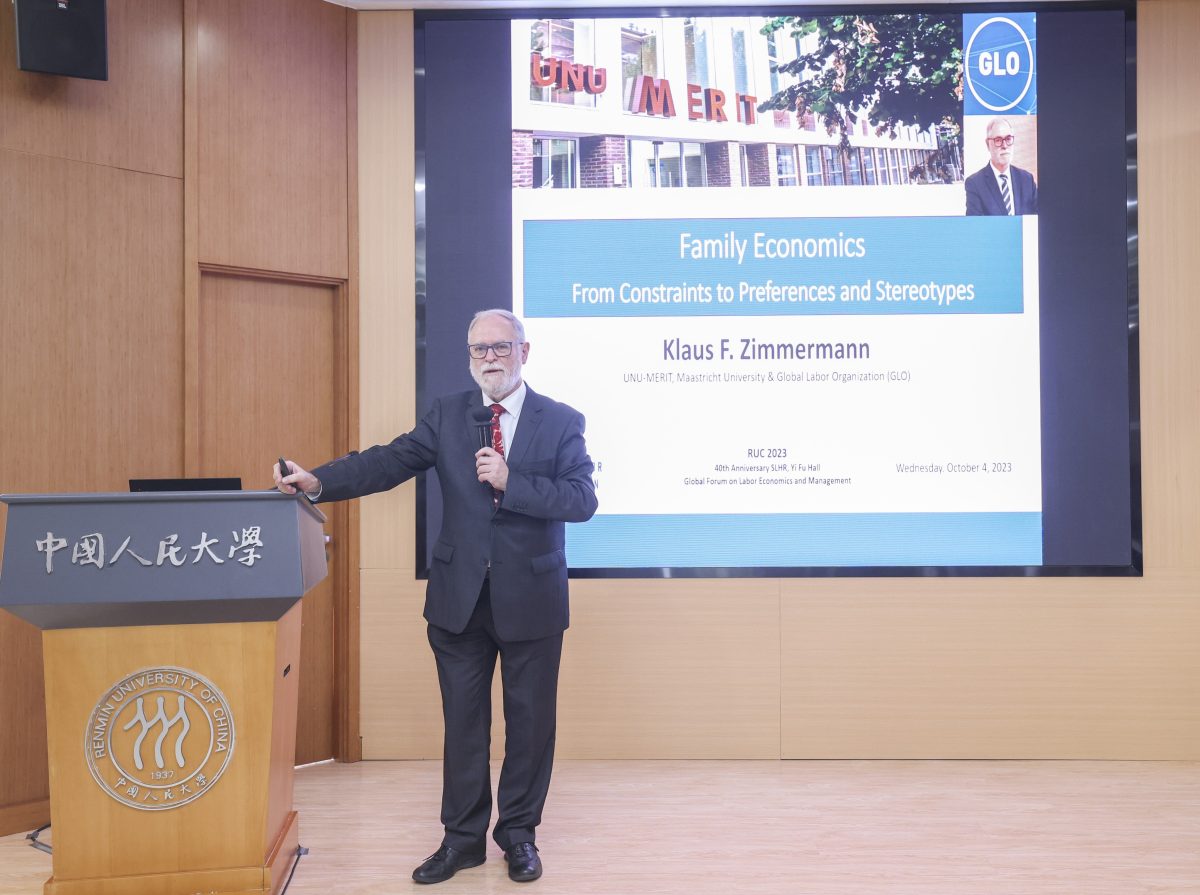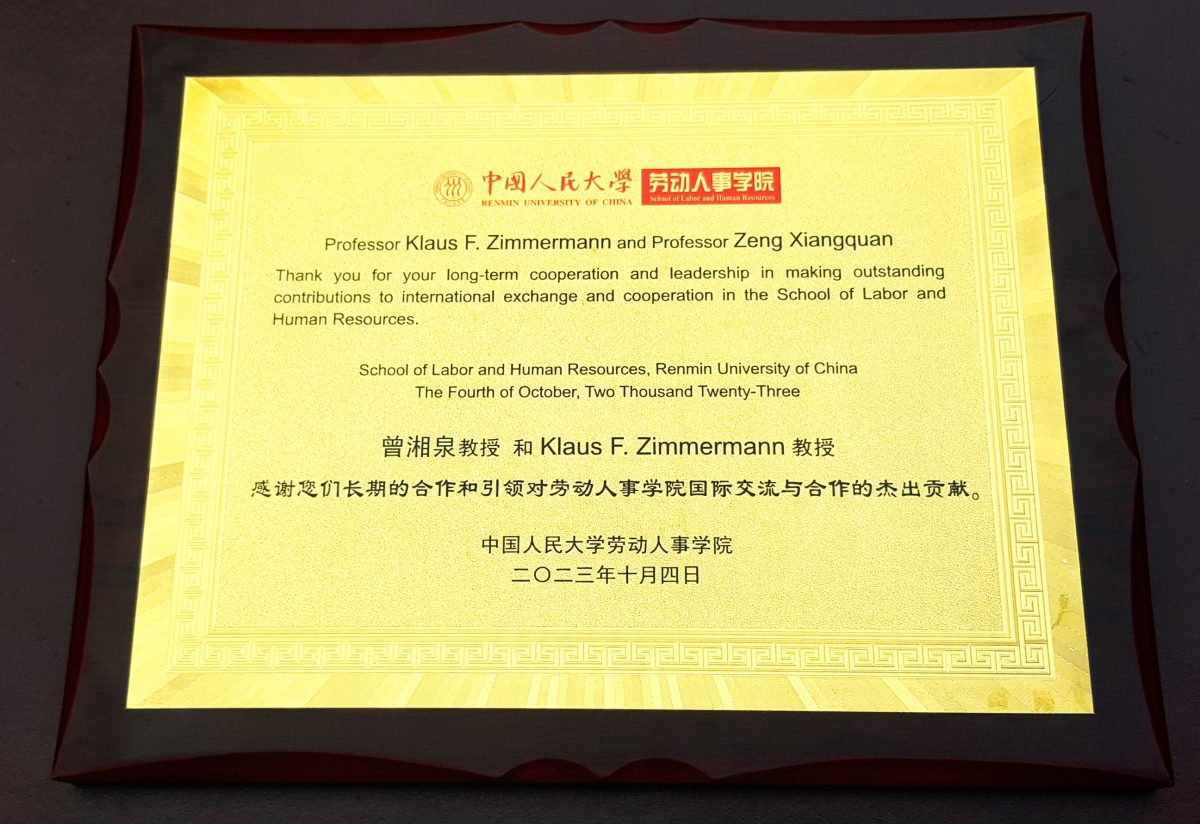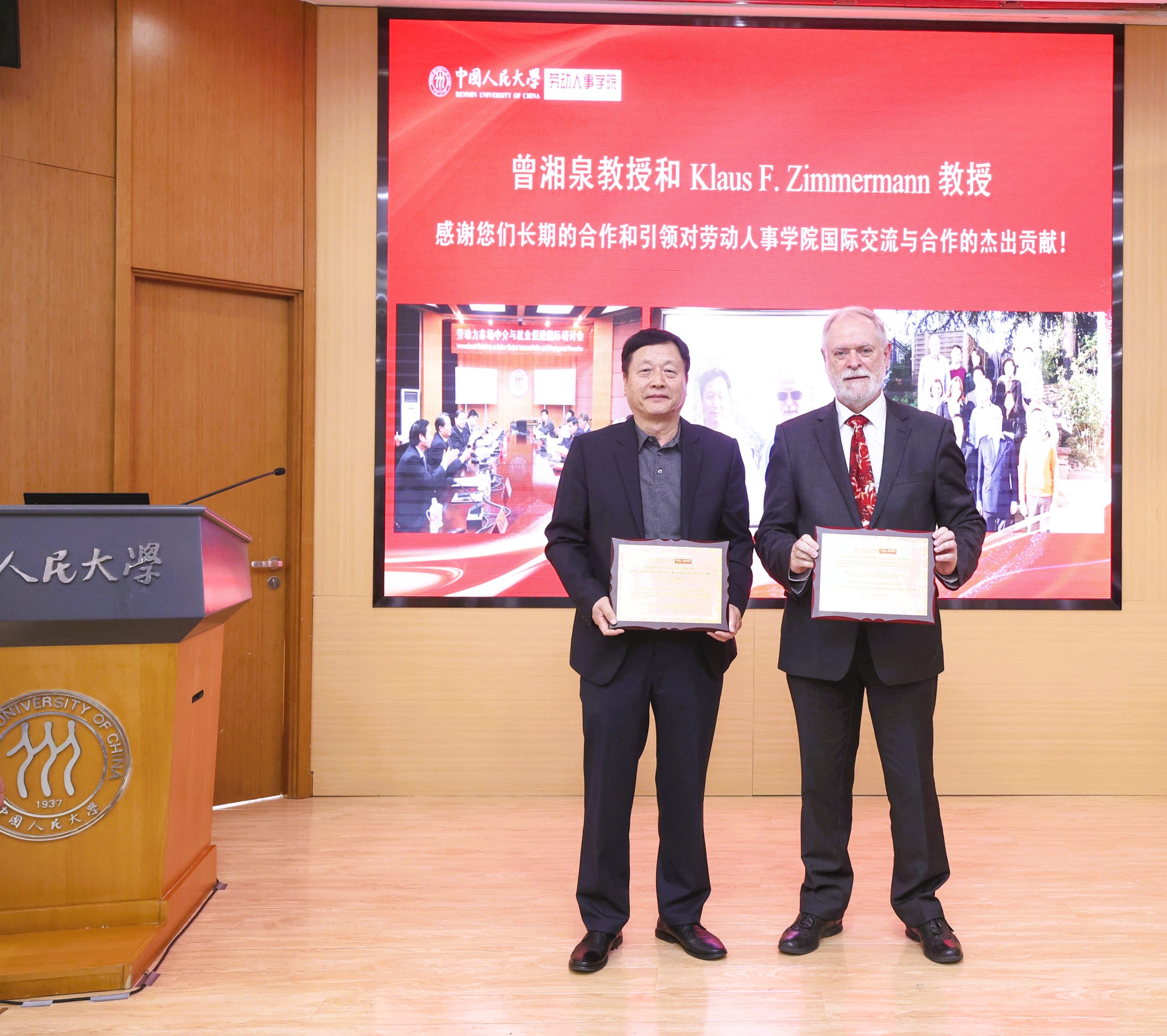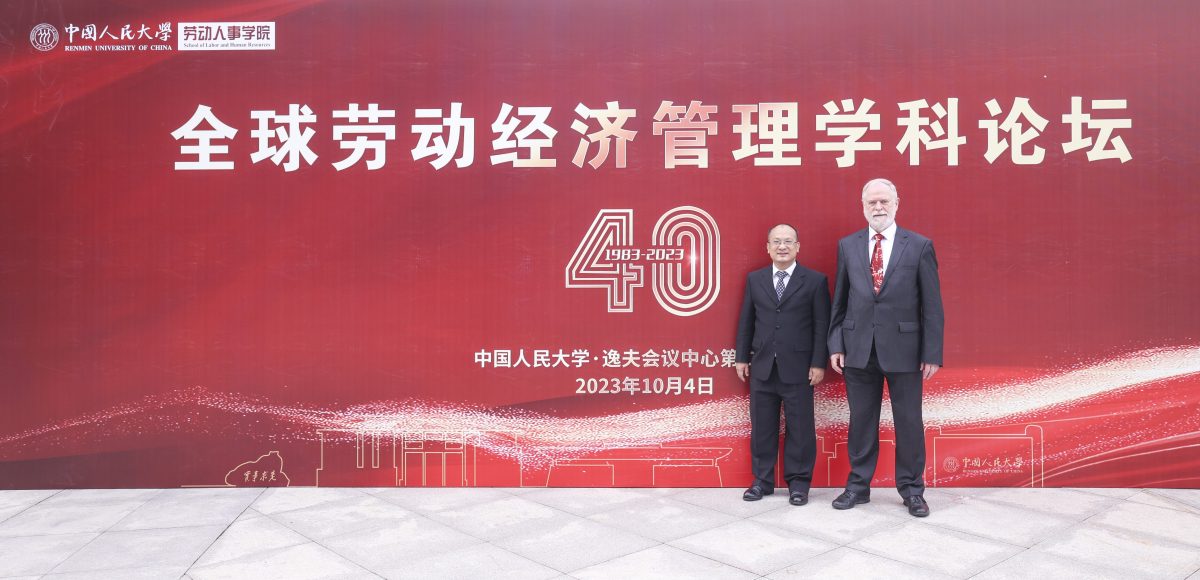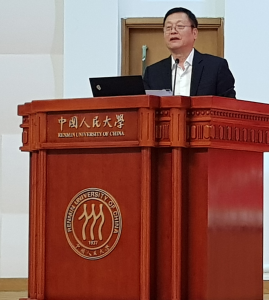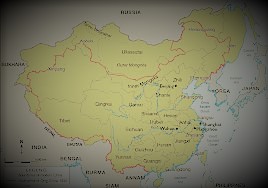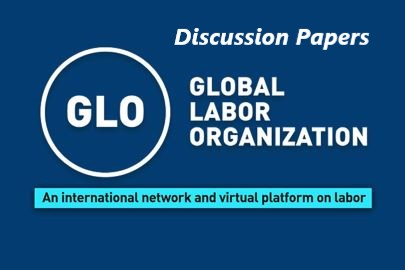A 3-days online event on December 4-6 celebrates recent successes and informs about publication highlights from 2023 issues 3 and 4 of the Journal of Population Economics (JOPE). New JOPE publication directions are explained. The 2024 JOPE Kuznets Prize for the best paper published in 2023 is presented.
- Event presents highlights of JOPE articles of issues 3 + 4 of 2023
https://link.springer.com/journal/148/volumes-and-issues/36-3
https://link.springer.com/journal/148/volumes-and-issues/36-4
- Kuznets Prize Ceremony
- Journal Success Report (IF: 6.1; CiteScore: 9.2)
- JOPE 2023 report and announcements
Exciting news: JOPE has now moved to a zero-backlog policy implying immediate publication of all newly published papers into the running quarterly issue of the journal. JOPE will start in 2024 with about two dozens of high quality research papers.
- General time-frame all CET (Dec 4: 3pm-12am; Dec 5: 2pm-5pm; Dec 6: 2pm-4:15pm)
CET – Central European Time: Time Zone Converter
You need to register for all three days separately, see below.
- NOTE: The event is video-taped.
Full Program below: Current draft December 6, 2023, 7:00 am CET Berlin
GLO – JOPE 2023 Global Conference, Dec 4-6
ALL CET – Central European Time: Time Zone Converter
DAY I – MONDAY, DEC 4: 3 pm – 12 am CET
ZOOM REGISTRATION LINK FOR DAY I: terminated.
ALL CET – Central European Time: Time Zone Converter
VIDEO of GLO-JOPE Global Conference 2023 Sessions A1-A5
VIDEO of GLO-JOPE Global Conference 2023 Sessions A6-A7 (Kuznets Prize Session)
A1 – Environment, Weather, Climate – Chair: JOPE Editor Shuaizhang Feng
3:00 pm. Jia Wu, Lin, J. & Han, X. Compensation for girls in early childhood and its long-run impact: family investment strategies under rainfall shocks. https://doi.org/10.1007/s00148-022-00901-5 Readlink: https://rdcu.be/dbILc
3:15 pm. Xin Zhang, Zhang, X., Liu, Y. et al. The morbidity costs of air pollution through the Lens of Health Spending in China. https://doi.org/10.1007/s00148-023-00948-y
Readlink: https://rdcu.be/dbIPy
3:30 pm. Yue Hua, Qiu, Y. & Tan, X. The effects of temperature on mental health: evidence from China. https://doi.org/10.1007/s00148-022-00932-y Readlink: https://rdcu.be/dbKwT
3:45 pm. Masahiro Shoji Gendered effects of early childhood weather shocks on locus of control: evidence from 28 agricultural countries. https://doi.org/10.1007/s00148-022-00923-z Readlink: https://rdcu.be/dbKyE
4:00 pm. BREAK
A2 – Health, Vaccinations, Risky Behaviors – Chair: JOPE Editor Xi Chen
4:30 pm. Yarine Fawaz, Mira, P. Social isolation, health dynamics, and mortality: evidence across 21 European countries. https://doi.org/10.1007/s00148-023-00956-y Readlink: https://rdcu.be/diCU8
4:50 pm. Beghelli, S., Augustin De Coulon & O’Mahony, M. Health benefits of reducing aircraft pollution: evidence from changes in flight paths. https://doi.org/10.1007/s00148-023-00964-y OPEN ACCESS.
5:10 pm. Elodie Djemai, Renard, Y. & Samson, AL. Mothers and fathers: education, co-residence, and child health. https://doi.org/10.1007/s00148-023-00966-w Readlink: https://rdcu.be/dlAFr
5:30 pm. BREAK
A3 – Education – Chair: JOPE Editor Alfonso Flores-Lagunes
6:00 pm. Kendall Kennedy Hidden schooling: endogenous measurement error and bias in education and labor market experience. https://doi.org/10.1007/s00148-022-00918-w Readlink: https://rdcu.be/dbKxP
6:15 pm. Ruzica Savcic, Theodoropoulos, N. & Xefteris, D. Conscription and educational outcomes. https://doi.org/10.1007/s00148-023-00944-2 Readlink: https://rdcu.be/diC0V
6:30 pm. BREAK
A4 + A5 – Migration and Refugee Issues – Chair: JOPE Editor Alfonso Flores-Lagunes
7:00 pm. Yuanyuan Chen, Fu, W. Migration control policy and parent–child separation among migrant families: evidence from China. https://doi.org/10.1007/s00148-023-00971-z Readlink: https://rdcu.be/diCUx
7:15 pm. El-Bialy, N., Aranda, E.F., Andreas Nicklisch, A. Voigt, S. et al. No man is an island: trust, trustworthiness, and social networks among refugees in Germany.
https://doi.org/10.1007/s00148-023-00969-7 OPEN ACCESS.
7:30 pm. Robert Bernhardt., Wunnava, P.V. Does asking about citizenship increase labor survey non-response? https://doi.org/10.1007/s00148-023-00945-1
Readlink: https://rdcu.be/diCZ4
7:45pm. Kovacic, M., Cristina Elisa Orso Who’s afraid of immigration? The effect of economic preferences on tolerance. https://doi.org/10.1007/s00148-023-00947-z OPEN ACCESS
8:00 pm. BREAK
A6 – Gender Issues and Preferences – Chair: JOPE Editor Kompal Sinha.
Note that December 4, 2023, 10:00 pm – 12.00 am CET Berlin = December 4, 2023 on 16:00 pm – 18.00 pm EST Philadelphia = December 5, 2023, 8:00 am – 10:00 am AEDT Sydney.
Time Zone Converter
10:00 pm. Jones, T.R., Matthew Millington & Price, J. Changes in parental gender preference in the USA: evidence from 1850 to 2019. https://doi.org/10.1007/s00148-023-00957-x Readlink: https://rdcu.be/diCXe
10:20 pm. Yinjunjie Zhang & Robert Breunig (Australian National University)
Female breadwinning and domestic abuse: evidence from Australia https://doi.org/10.1007/s00148-023-00975-9 OPEN ACCESS.
Kuznets Prize 2024 winning paper for the best JOPE article published in 2023. MORE INFO.
Questions & remarks: GLO VirtYS Scholars 2023/2024
Tarana Chauhan (Cornell University) & Xinyan Liu (Chinese University of Hong Kong)
11:00 pm.
A7 – JOPE Annual Report & JOPE Kuznets Prize Ceremony. Chair: JOPE Editor Kompal Sinha.
- JOPE Annual Report: Klaus F. Zimmermann (JOPE & GLO)
- The Kuznets Prize Ceremony: Kompal Sinha (Macquarie University)
- Kuznets Prize Laudatio: Astghik Mavisakalyan (Curtin University)
- Response: Kuznets Prize Winner
12:00 am. END OF DAY I
DAY II – TUESDAY, DEC 5: 2 pm – 5 pm CET
ZOOM REGISTRATION LINK FOR DAY II: terminated
ALL CET – Central European Time: Time Zone Converter
VIDEO of GLO-JOPE Global Conference 2023 Sessions B1-B3
B1 & B2 – Family & Fertility: Chair: JOPE Editor Milena Nikolova
2:00 pm. Jisoo Hwang, Kim, S.K. Unexpected longevity, intergenerational policies, and fertility. https://doi.org/10.1007/s00148-023-00943-3 OPEN ACCESS
2:15 pm. Anna Adamecz-Völgyi, A., Henderson, M. & Shure, N. The labor market returns to “first-in-family” university graduates. https://doi.org/10.1007/s00148-022-00908-y OPEN ACCESS
2:30 pm. Congdon Fors, H., Annika Lindskog Son preference and education Inequalities in India: the role of gender-biased fertility strategies and preferential treatment of boys. https://doi.org/10.1007/s00148-023-00941-5 OPEN ACCESS
2:45 pm. Casarico, A., Elena del Rey Canteli, E. & Silva, J.I. Child care costs, household liquidity constraints, and gender inequality. https://doi.org/10.1007/s00148-023-00936-2 OPEN ACCESS
3:00 pm. Casarico, A., Salvatore Lattanzio Behind the child penalty: understanding what contributes to the labour market costs of motherhood. https://doi.org/10.1007/s00148-023-00937-1 Readlink: https://rdcu.be/dbIRU
3:15 pm. BREAK
B3 – Fertility and Marriage – Chair: JOPE Editor Terra McKinnish
4:00 pm. Jie Zhang, Liu, H. Differential fertility, school enrollment, and development. https://doi.org/10.1007/s00148-023-00954-0 OPEN ACCESS.
4:15 pm. Madhulika Khanna, Kochhar, N.: Do marriage markets respond to a natural disaster? The impact of flooding of the Kosi river in India. https://doi.org/10.1007/s00148-023-00955-z Readlink: https://rdcu.be/diCVT
4:30 pm. Bastian Schulz, Siuda, F. Marriage and divorce: the role of unemployment insurance. https://doi.org/10.1007/s00148-023-00961-1 OPEN ACCESS.
B4 – Aspirations and Preferences – Chair: JOPE Editor Terra McKinnish
VIDEO of GLO-JOPE Global Conference 2023 Session B4
4:45 pm. Otrachshenko, V., Nikolova, M. & Olga Popova Double-edged sword: persistent effects of Communist regime affiliations on well-being and preferences. https://doi.org/10.1007/s00148-022-00930-0 OPEN ACCESS.
5:00 pm. END OF DAY II
DAY III – WEDNESDAY, DEC 6: 2 pm – 4:15 pm CET
ZOOM REGISTRATION LINK FOR DAY III: terminated
ALL CET – Central European Time: Time Zone Converter
VIDEO of GLO-JOPE Global Conference 2023 Sessions C1-C3
C1 & C2 – Historical Demography – Chair: JOPE Editor Oded Galor
2:00 pm. Raphael Franck The impact of industrialization on secondary schooling during the industrial revolution: evidence from nineteenth-century France.
https://doi.org/10.1007/s00148-023-00962-0 Readlink: https://rdcu.be/diCUM
2:15 pm. Angus Chu Natural selection and Neanderthal extinction in a Malthusian economy. https://doi.org/10.1007/s00148-023-00939-z Readlink: https://rdcu.be/dbJ00
2:30 pm. Bai, Y., Yanjun Li & Lam, P.H. Quantity-quality trade-off in Northeast China during the Qing dynasty. https://doi.org/10.1007/s00148-022-00933-x
Readlink: https://rdcu.be/dbJ1F
2:45 pm. BREAK
3:15 pm. Kwan Lee The impact of a local human capital shock: evidence from World War II veterans. https://doi.org/10.1007/s00148-022-00919-9 Readlink: https://rdcu.be/dbKzA
3:30 pm. Sijie Hu Survival of the literati: Social status and reproduction in Ming–Qing China. https://doi.org/10.1007/s00148-023-00960-2 Readlink: https://rdcu.be/diCX5
C3 – Retirement – Chair: JOPE Editor Gregory Ponthiere
3:45 pm. Enrique Pardo Reinoso Mandatory retirement savings in the presence of an informal labor market. https://doi.org/10.1007/s00148-023-00967-9 OPEN ACCESS.
Final Remarks – Season’s Greetings – Chair: JOPE Managing Editor Madeline Zavodny
4:00 pm – 4:15 pm. Remarks and conference ending.



